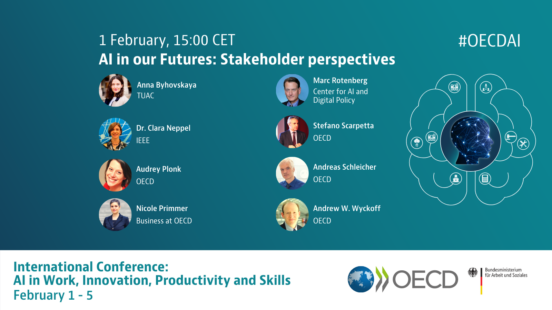Dr. Neppel Clara is responsible for the growth of IEEE’s operations and presence in Europe, focusing on the needs of industry, academia, and government. She serves as a point of contact for initiatives with regard to technology, engineering and related public policy issues that help implement IEEE’s continued global commitment to fostering technological innovation for the benefit of humanity.
As the European head of a neutral and not-for-profit institution, Dr. Neppel is dedicated, under a scientific and technological prism, to supporting and advancing human-centric and sustainable innovation. She contributes to issues regarding technology policy of several international organizations.
Dr. Neppel is a member of the Supervisory Board of the European Institute of Technology Digital, the Independent Advisory Board of the UK RI Centre for Doctoral Training in Accountable, Responsible and Transparent Artificial Intelligence, and the Scientific-Industrial Advisory Board of Research Studios Austria Forschungsgesellschaft.
She joined IEEE after many years with the European Patent Office where she was involved in various aspects relating to innovation, intellectual property and public policy in the field of information and communication technologies.
She holds a Ph.D. in Computer Science from the Technical University of Munich and a Master in Intellectual Property Law and Management from the University of Strasbourg.





























